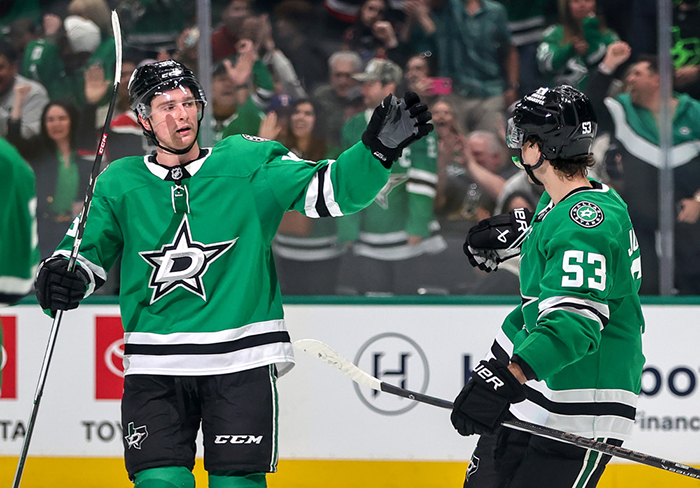The Stanley Cup Playoffs are in full swing, but there’s a noticeable lack of excitement in the Motor City when it comes to their hockey team.
The Detroit Red Wings are still waiting for their first Stanley Cup Playoff appearance since a quick five-game elimination at the hands of the Tampa Bay Lightning, then led by general manager Steve Yzerman, in 2016. Few would have believed that by April 2025, the only professional playoff games hosted at Little Caesars Arena would have taken place on the hardwood rather than the ice. As general manager and beloved team icon, Steve Yzerman prepares to enter his seventh season since returning to Detroit in April 2019, the pressure on his shoulders continues to mount.
So, what went wrong for the Red Wings in 2024–25?
Historically Poor Penalty Killing
One of the most damaging issues for the Red Wings was their inability to effectively kill opposing power plays. At one point, Detroit’s penalty kill not only ranked last in the NHL but was approaching historically poor territory. In early December, their 63.7 percent success rate was the worst the league had seen since the stat began being tracked in the late 1970s.
By the 82nd and final game of the season, Detroit’s penalty kill still ranked dead last at just 70.1 percent, marking the fourth-worst rate in NHL history.
Detroit May Have Been Too Patient with Derek Lalonde
The writing had been on the wall for weeks: the Red Wings weren’t making the necessary progress under head coach Derek Lalonde, who was hired in 2022 following a successful run as an assistant with the Tampa Bay Lightning. Detroit stumbled to a 13-17-4 record, and by Christmas, Yzerman had seen enough. He relieved Lalonde and defensive assistant Bob Boughner of their duties and announced the hiring of Todd McLellan as head coach, with Trent Yawney joining as his assistant.
McLellan brought a new level of intensity and resilience to the Red Wings, leading to two separate seven-game winning streaks that pulled the team back into the playoff hunt. However, poor play down the stretch in March halted that momentum, and Detroit ultimately finished on the outside looking in. With a full training camp and a fresh start under McLellan, the Red Wings should be in a much stronger position next season.
5v5 Scoring Wasn’t Consistent Enough
While the Red Wings were effective on the power play, they struggled to generate offense at even strength. Detroit finished 26th in the NHL with just 143 goals scored at 5-on-5—a number that must improve if the team hopes to make a realistic push for the playoffs next season.
Veteran Scoring Was Lacking
A key contributor to Detroit’s lack of even-strength scoring was the underperformance of several veteran forwards, including J.T. Compher and Vladimir Tarasenko. Compher, who set a career high with 19 goals in 2023–24, managed just 11 goals in 76 games this season. Tarasenko, brought in with expectations of scoring at least 20, also finished with only 11.
The Red Wings were further hampered by a scoring slump from captain Dylan Larkin, who recorded just one goal over a 12-game stretch from March 12 to April 6.



